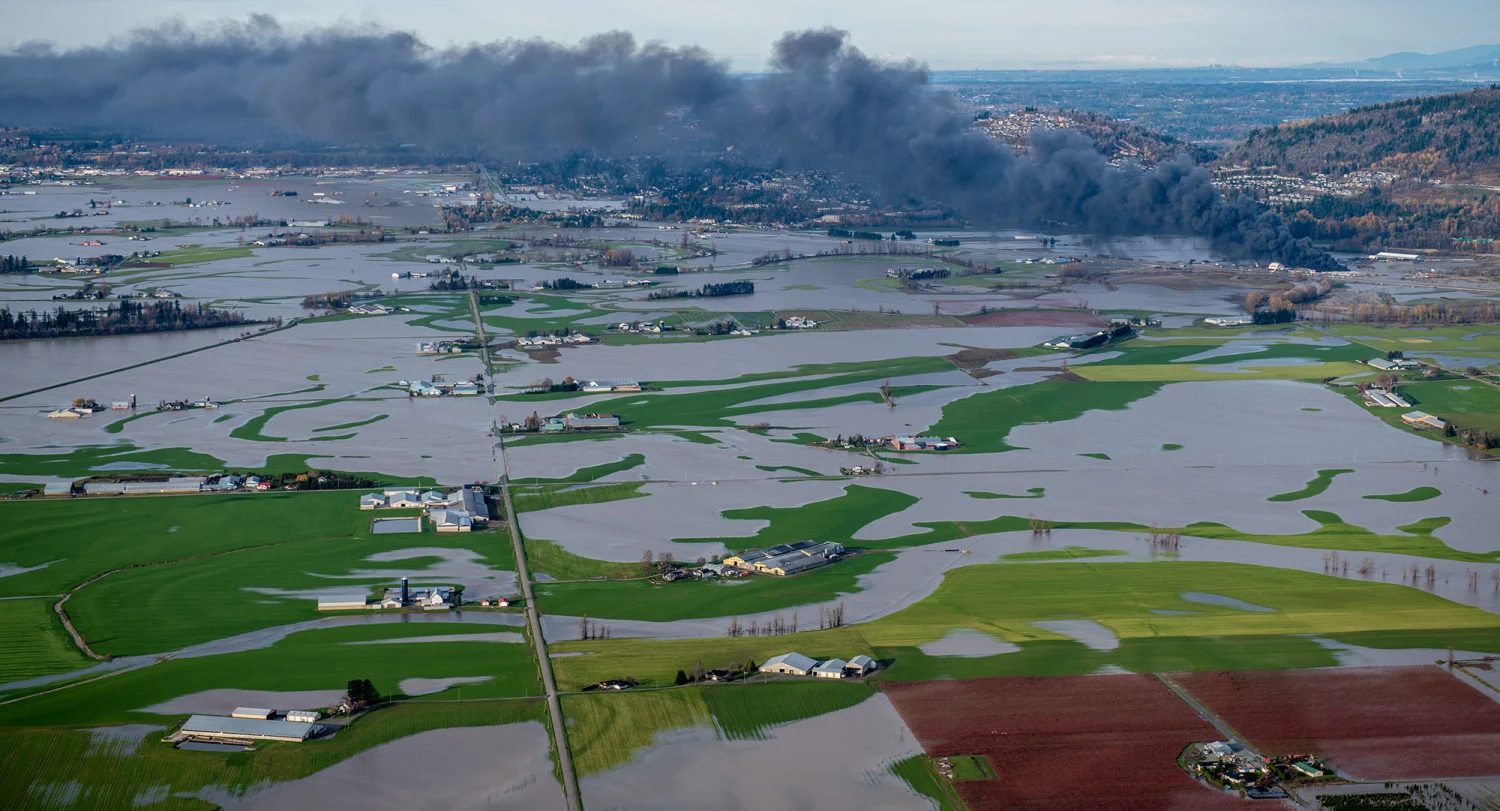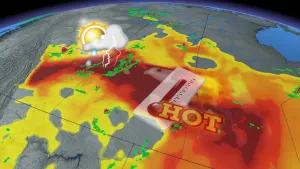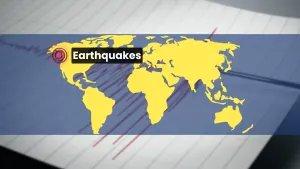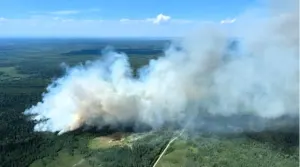
Mental health challenges arising from 2021 extreme weather events in B.C.
The psychological impacts of extreme weather events continue to linger.
The year 2021 will be remembered as one of the most challenging for British Columbians. We can blame the pandemic for this, but we can also blame the extreme weather that impacted the province and the driving force behind it: climate change.
To recap, the year started with an above average snowpack in many areas, which only exacerbated flood levels when the weather pattern turned dry and hot by early summer. A deadly heat dome set-up in late June, impacting millions without air conditioning across the lower mainland. Temperatures feeling close to 40 degrees affected the most vulnerable, killing over 800 people.
The dry pattern and the heat led to a devastating fire season that continued through the summer — many with breathing difficulties had to endure the smoke-filled air for months. When the pattern changed in the fall, the rainy season brought a record setting weather bomb storm along with multiple atmospheric rivers and delivered record rainfall to many locations triggering widespread flooding and deadly landslides.
The devastating physical impacts on the people, animals, and infrastructure of B.C. have been widely reported. But even as communities rebuild, the psychological impacts of these events continue to linger.
Researchers at Simon Fraser University have found a correlation between the impacts of climate change and our mental health. People are having issues focusing on daily tasks, according to Dr. Kiffer Card, an assistant professor at Simon Fraser University’s faculty of health sciences. In an interview with The Weather Network, Card said being concerned about the climate emergency is normal and we should be worried, especially when it affects and disrupts our daily life.
Watch the above video to find out more about what professionals are doing to treat mental health struggles due to climate change.
Thumbnail credit: Martin Gregus/ @mywildlive











